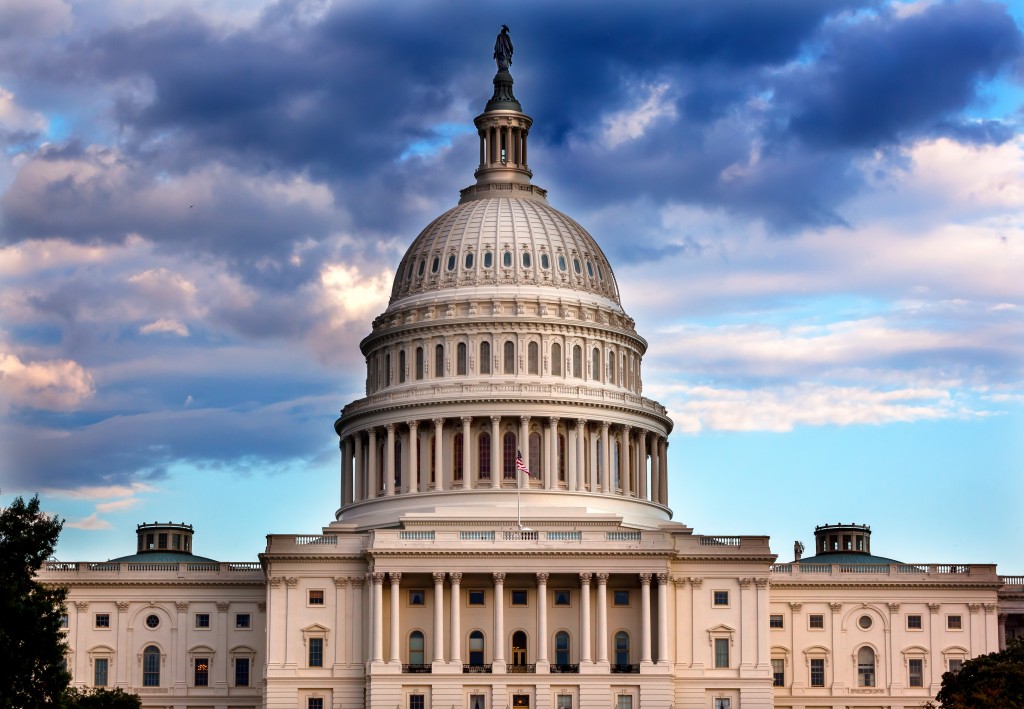
Bill Seeks to Undermine RFRA Protections
Stanley Carlson-Thies, May 26, 2016
The federal Religious Freedom Restoration Act (RFRA), and the similar state RFRAs, require the government to have a very good reason for an action or law if these are challenged in court by a person or organization whose religious exercise has been heavily burdened. Will a RFRA protect a faith-based organization charged with violating LGBT rights because of is religious hiring policy or a religious adoption agency charged with discrimination because it places children only with religious husband-wife families, in accordance with its religious convictions? At least a few members of Congress, and a long list of advocacy organizations, want to keep a court from ruling on such matters by drastically rewriting the federal RFRA.
Their vehicle is the “Do No Harm Act,” introduced by Rep. Joseph Kennedy, III (D-MA) and Rep. Bobby Scott (D-VA) on May 18. It has no chance of passing in this Congress but is another sign of how support for religious freedom is shrinking in our time. A previous bill to limit RFRA was narrowly stopped in the Senate two years ago. That bill was a reaction to the US Supreme Court’s Hobby Lobby decision that relied on RFRA to decide that the craft company could not be forced to include in its employee health plans certain contraceptives to which its owners had religious objections. Proponents of abortion, contraception, and LGBT rights are worried that RFRA might protect other companies or religious nonprofits.
The major concern this time appears to be LGBT rights. In practice, state courts have not ruled that state RFRAs protect people if they claim a religious reason to violate a nondiscrimination law. And advocates of LGBT equality regularly announce with certainty that religious freedom can not justify bigotry. This new attempt to rewrite RFRA might be regarded as demonstrating the supporters lack of confidence in that statement by instructing courts that they must adopt a narrow view of what religious freedom protects.
Three observations about the new RFRA-limiting bill:
(1) It interprets religious freedom resolutely in individualistic terms. One of the stated purposes for narrowing RFRA’s protections is so that it will not protect the “impos[ing of] the religious views, habits, or practices of one party upon another.” But that is what religious organizations do, and must do. Consider religious hiring: it is the imposition of the religious standards of the religious employer upon anyone who might be interested in working there. But strip this away so that a court can require a Muslim organization to hire a proselytizing atheist as its director of outreach: there goes the Muslim organization and, for that matter, thereby is it made harder for Muslim individuals to put their convictions into practice via an organization.
(2) It would undermine the community service of faith-based organizations. Another reason the bill gives to limit RFRA is to strip away protection for “discrimination against other persons, including persons who do not belong to the religion or adhere to the other beliefs” of those seeking RFRA protection. And yet faith-based organizations, while typically eager to serve everyone who seeks their help, of course help in a faith-shaped way: a Catholic school offers Catholic-inspired education, a Sikh organization will offer help to any homeless person but may require respect for Sikh religious traditions, such as refraining from alcohol and smoking when in the facility. Make these religious conditions illegal and then faith-based organizations will have to act like secular ones to serve the public—driving them out of community service and depriving the community of choices for assistance.
(3) It would create a vague new federal right that advocates want to use to minimize religious freedom. The third reason RFRA should be limited, according to the bill, is so that religious freedom cannot be used to impose “meaningful harm, including dignitary harm, on a third party.” Dignitary harm is an offense to a person’s identity; for example, some urge that the law should regard it as an unconscionable and illegal occurrence if an LGBT person has to search among several adoption agencies to find a suitable one, because not every adoption agency facilitates adoption by same-sex couples, or if a person seeking the Plan B emergency contraceptive has to find a different pharmacy because the first one she visits does not stock contraceptives it regards as abortifacients. And yet, for our society to be fair to people and organizations of diverse convictions about contraceptives, family formation, religion, and human sexuality, it has to allow varied organizations to exist, even though they will not all serve everyone and provide every service identically. The concept of “dignitary harm” undermines this necessary pluralism.
The “Do No Harm Act” is mis-named. It would do great harm to religious freedom and faith-based organizations. RFRA should be preserved at full strength for all Americans.
